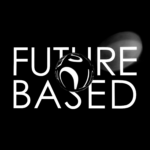Can we get a conception of absolute reality?
Sabine Winters2019-12-13T07:31:02+01:00What is the world like beyond human-object relations? If we think of absolute reality as something that is permanent and not bound to time and space, and something that goes beyond the relation of being and thinking, would it be possible for us to perceive it?



